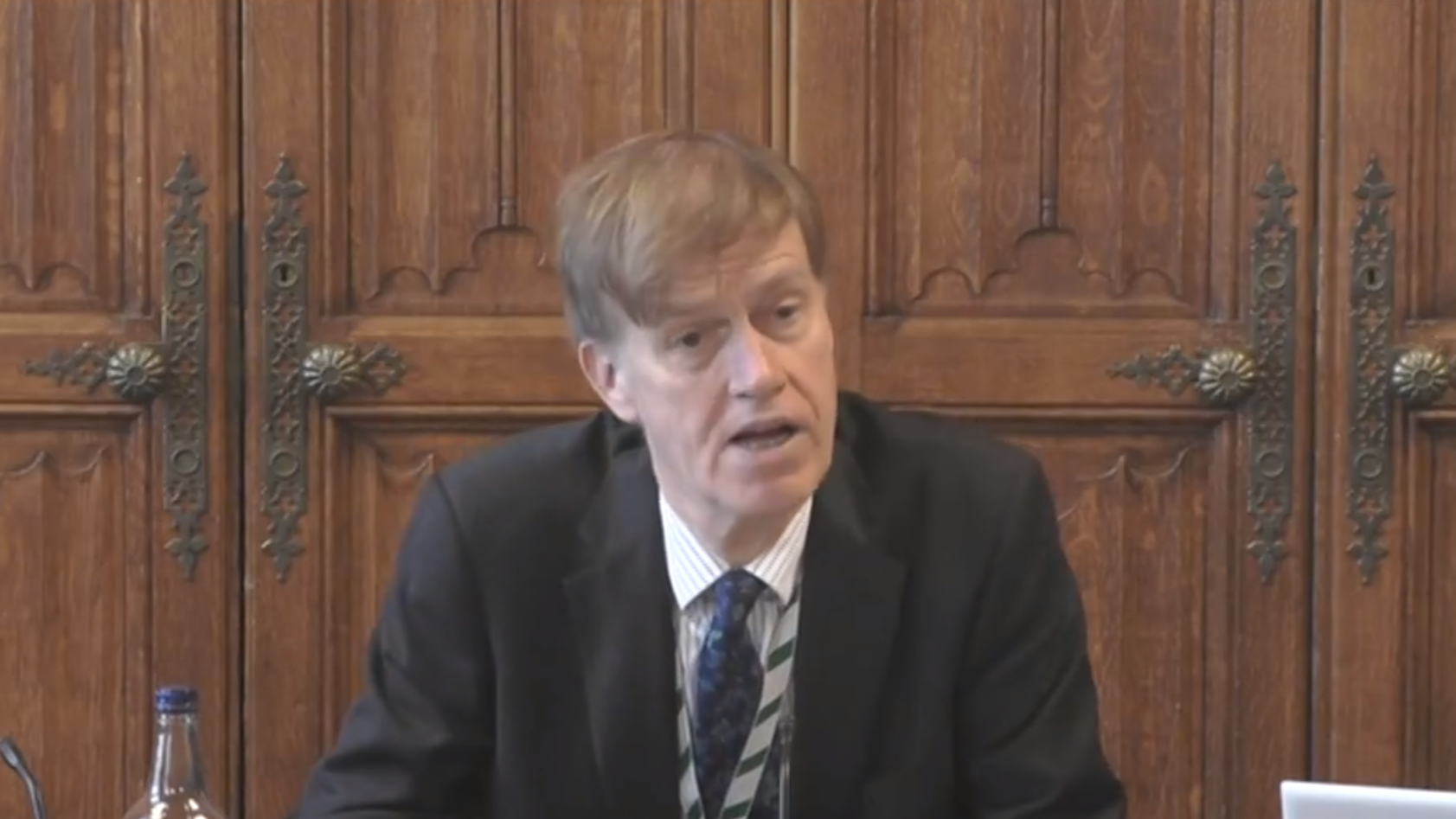Today in Parliament, 27 February, Stephen led a debate on the Child Maintenance Service (CMS) to follow up the recommendations for improving the service made by his committee in April last year.
The CMS works out when and how much parents should pay to support their child when they are separated. Parents can reach private arrangements that are not supervised by the CMS, or the CMS can calculate how much is owed and enforce payment.
Last year, the Work and Pensions Select Committee, which Stephen chairs, investigated the workings of the CMS. They raised concerns about a lack of evidence that the CMS is increasing the number of arrangements between parents and fears that many payments calculated by the CMS are unaffordable to parents. The report made several recommendations for improving the service.
Today, Stephen led a debate to follow up on the committee’s report. He asked the Government for updates on their review of child maintenance calculations and what plans they have to monitor the number of arrangements between parents. He also pressured the Government on the poor customer service that many parents experience from the CMS.
“This service does have a very tough job against a backdrop of pain and conflict,” Stephen concluded. “It is very difficult to provide a good service in that situation, but there are improvements that the Government can and should make.”









